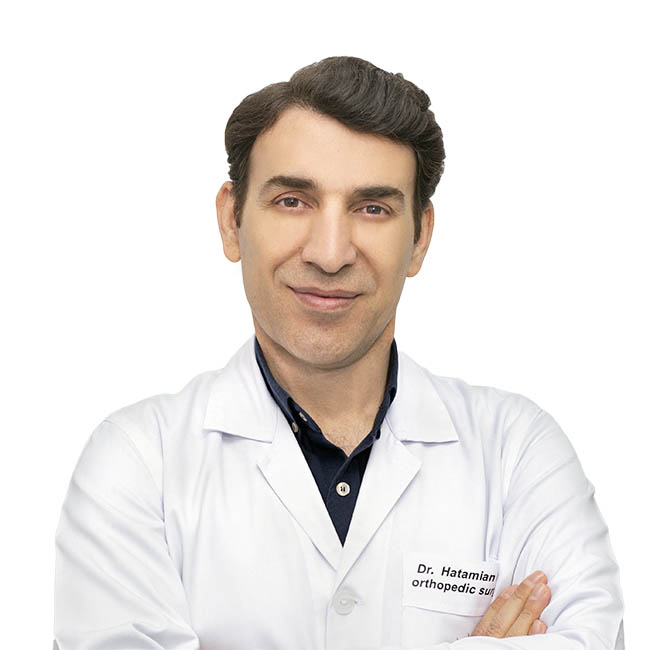Acne
Facial acne is a dermatological condition characterized by the clogging of hair follicles with sebum and dead skin cells, leading to the formation of blackheads, whiteheads, or pimples. While acne can affect individuals of all ages, it is more prevalent among young individuals.
Effective treatments are available for acne; however, in some cases, acne can be persistent, with lesions healing slowly and new acne lesions emerging during the healing process.
The development of acne is attributed to various factors, including excessive sebum production, bacterial presence, hormonal fluctuations, accumulation of dead skin cells, and ingrown hair.
The different types of acne include non-inflammatory and inflammatory acne:
Non-inflammatory acne comprises blackheads and whiteheads, which do not cause swelling and respond well to over-the-counter (OTC) treatments, especially those containing salicylic acid. Blackheads occur when the pores remain open, while whiteheads are formed when the pores are closed.
Inflammatory acne includes red and swollen pimples. Bacterial infection beneath the skin's surface may contribute to inflammatory acne, leading to painful acne scars that are challenging to eliminate. Products containing benzoyl peroxide and topical retinoids are effective in reducing inflammation and combating bacterial growth.
Additional types of inflammatory acne include papules, pustules, nodules, and cysts:
Papules are inflamed lesions resulting in hard, clogged pores surrounded by pink skin.
Pustules are inflamed lesions filled with pus, protruding from the skin and often presenting with yellow or white heads.
Nodules are deep, inflamed bumps formed when blocked pores become swollen. They are located deep under the skin and require prescription medications, such as oral isotretinoin, for treatment.
Cysts are the most severe form of acne, developing deep in the skin below nodules. These large red or white bumps can be painful to touch and are more prone to scarring. The prescription drug isotretinoin is commonly used for cystic acne treatment, and in severe cases, surgical removal may be necessary.
The severity of each type of acne varies, with blackheads and whiteheads being the mildest forms, while cysts represent the most severe and potentially scarring type.
Accurate identification of the specific acne type is crucial for implementing an effective treatment plan. Non-inflammatory acne often responds well to OTC treatments, while inflammatory acne may require a combination of topical and oral medications, including benzoyl peroxide, topical retinoids, and antibiotics. Severe cases of nodules and cysts may necessitate the use of isotretinoin or surgical intervention. Early initiation of appropriate treatment can reduce the risk of emotional distress and minimize the likelihood of long-term scarring. Therefore, seeking guidance from a dermatologist is advisable to tailor the treatment approach based on individual acne severity and subtype.



